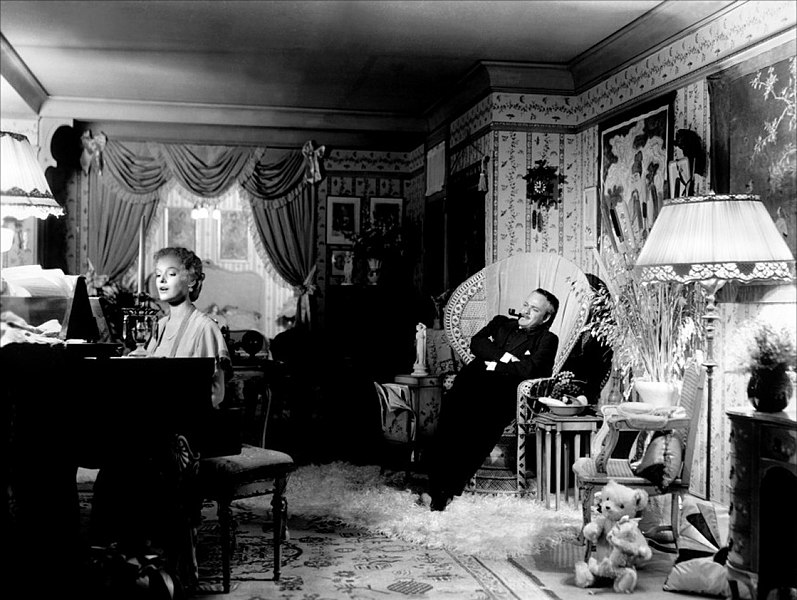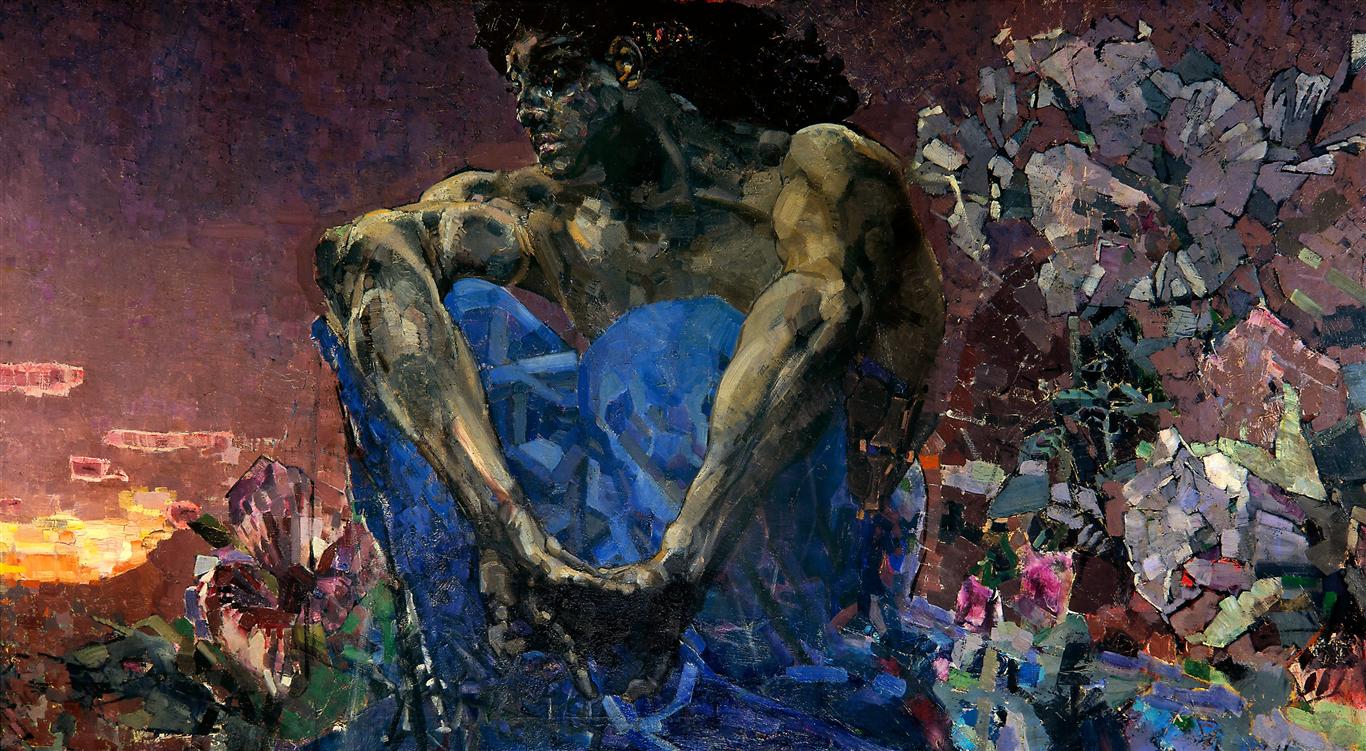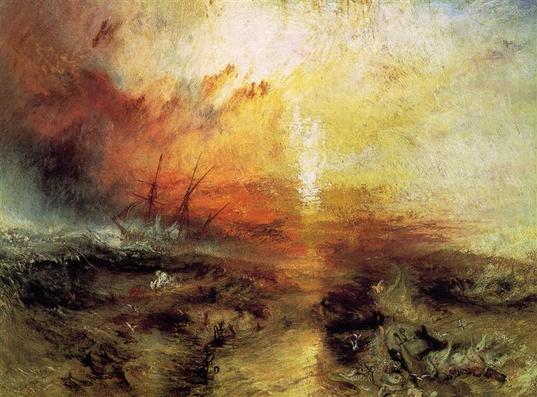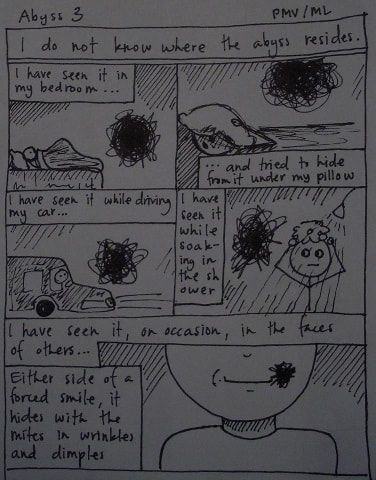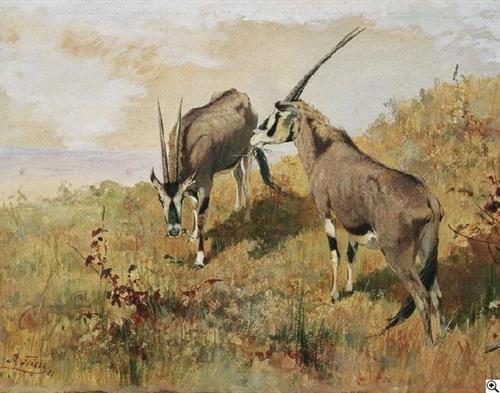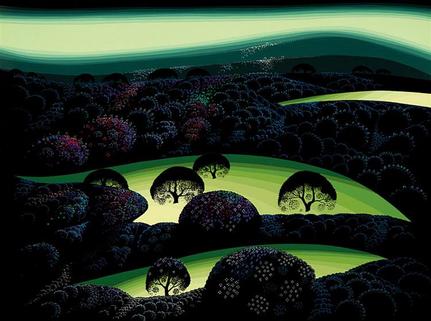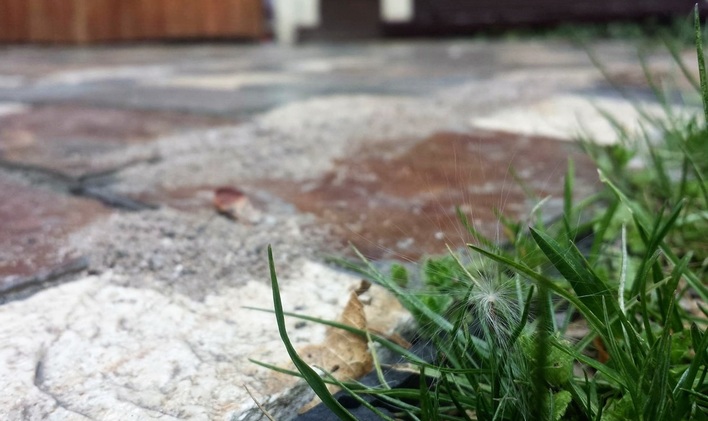by Philip Monte Verde
So much of my thinking generally is in support of I don't know. Yes, to be sure, I like to critique and note where ideas and practices fail. And no, I do not usually fill that newly created gap with new answers. Perhaps you could argue "what good are you doing then Philip? Others are out here trying, what are you adding by tearing down?"
I don't know, and that is ok. Individual solutions don't have to be up to me nor, and this make come as a relief, up to you. It may feel like there is pressure to have an answer, but that is in your head. We are a world of nearly eight billion, if you or I do not have the solution, there are others who can take a stab at it.
This is why I believe strongly in ideas like cultural responsiveness and diversity of thought. It's not just that it is 'fair' to let other people lead fulfilling lives, but that we reap benefits when they do. Bringing in additional perspectives from other cultures has been shown time and again to lead to the answers that I or you personally do not have. It is a way to curb group think, and freshen up old ideas.
I do not know the answer to the many serious questions that exist now and those that are opened up by new critique. But someone does, or even better, a group of someones can figure them out. Rather than answer the questions, I would prefer to facilitate environments where diversity of thought can emerge.
Questionable decision making in the past has come back to haunt us in many serious ways. Those decisions were often made by a narrow body of people. Opening up to new answers and new ways of doing things is I don't know, maybe the answer?
So much of my thinking generally is in support of I don't know. Yes, to be sure, I like to critique and note where ideas and practices fail. And no, I do not usually fill that newly created gap with new answers. Perhaps you could argue "what good are you doing then Philip? Others are out here trying, what are you adding by tearing down?"
I don't know, and that is ok. Individual solutions don't have to be up to me nor, and this make come as a relief, up to you. It may feel like there is pressure to have an answer, but that is in your head. We are a world of nearly eight billion, if you or I do not have the solution, there are others who can take a stab at it.
This is why I believe strongly in ideas like cultural responsiveness and diversity of thought. It's not just that it is 'fair' to let other people lead fulfilling lives, but that we reap benefits when they do. Bringing in additional perspectives from other cultures has been shown time and again to lead to the answers that I or you personally do not have. It is a way to curb group think, and freshen up old ideas.
I do not know the answer to the many serious questions that exist now and those that are opened up by new critique. But someone does, or even better, a group of someones can figure them out. Rather than answer the questions, I would prefer to facilitate environments where diversity of thought can emerge.
Questionable decision making in the past has come back to haunt us in many serious ways. Those decisions were often made by a narrow body of people. Opening up to new answers and new ways of doing things is I don't know, maybe the answer?

